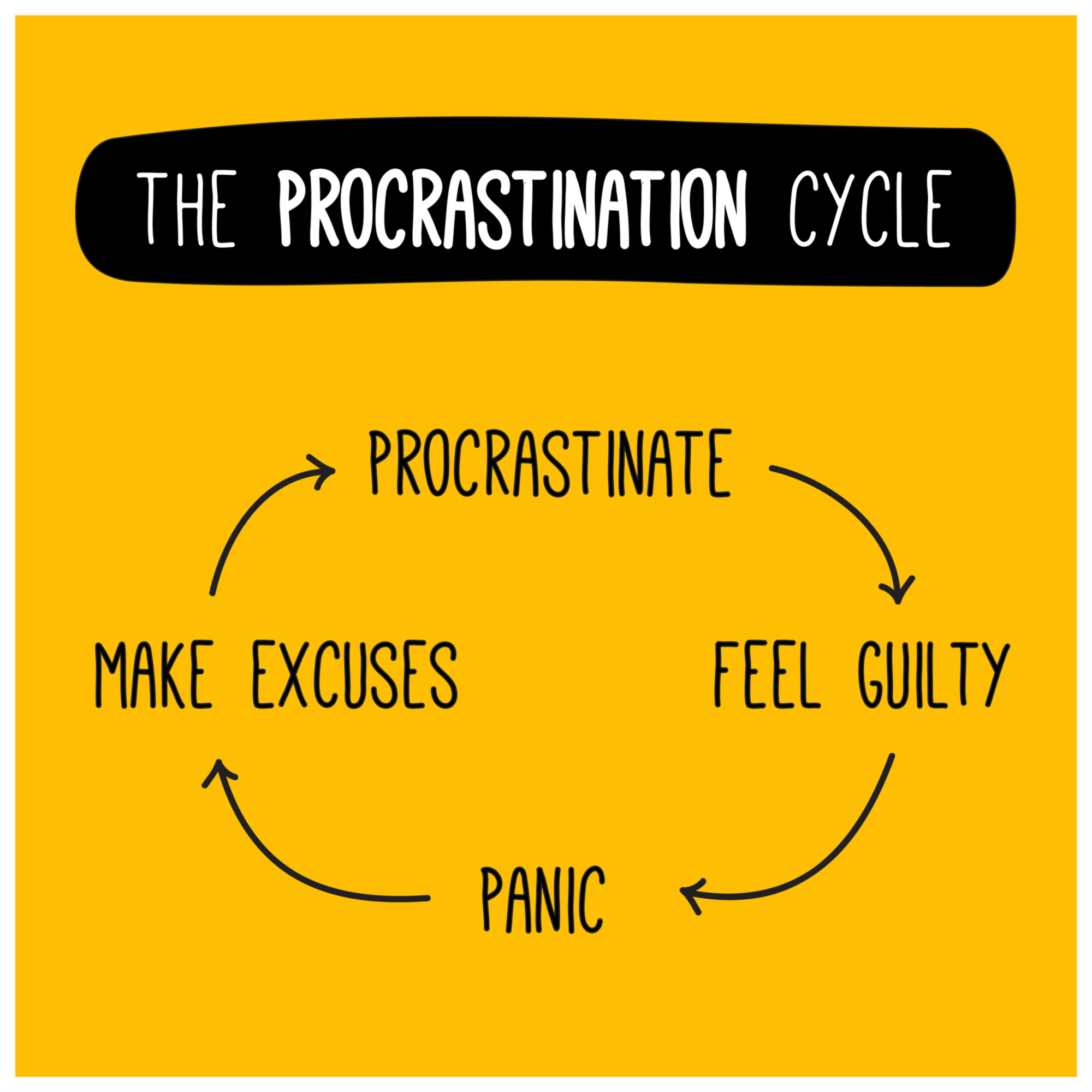Master Motivation and Overcome Procrastination
Know Yourself and Make it AutomaticPermalink
True motivation comes from within. External factors like rewards and punishments only go so far in driving sustained behavior change. To overcome procrastination and accomplish your goals, you must develop intrinsic habits and routines.
Establish Small, Automatic HabitsPermalink
The key is starting with extremely small, simple tasks that require little willpower. Make reading one page or writing for five minutes so easy that failing to do it seems silly. Sooner than you think, these micro-habits will build momentum and become almost automatic. Link each new behavior to an existing routine, like drinking your morning coffee. Before you know it, reading or writing is part of your daily flow without extra effort.

Celebrate Successes, Big and SmallPermalink
Reward yourself each time you complete even the smallest of tasks. A bit of positive reinforcement goes a long way in training your brain to associate accomplishments with pleasure. Soon the process itself will be intrinsically rewarding as habits take root. Take a moment to consciously feel good about checking off another item on your to-do list.
Overcome Resistance with Realistic DeadlinesPermalink
Putting things off tends to get easier the more time we give ourselves. With no hard stops or time pressure, big tasks seem less urgent. Procrastination thrives where deadlines are distant or non-existent. To stay motivated:
Break Projects into Bite-Sized ChunksPermalink
Seeing the full scope of a large assignment can induce paralysis. Prevent overwhelm by breaking work down into very small, manageable steps. Commit to just one subtask per session and celebrate each little win. Soon momentum will build as chunks steadily get crossed off your list.
Set Internal and External DeadlinesPermalink
Give yourself firm (but reasonable) end dates, both imagined and announced to others. Internally, state you’ll finish section one by Friday. Tell your study partner you’ll have a draft ready on Sunday. Accountability propels action even on tasks done alone. The fear of letting yourself and peers down outweighs temporary discomfort.
Focus on Continuous ImprovementPermalink
True success comes from small, incremental gains compounded over time through dedicated practice. Learn to celebrate non-perfection and embrace the learning process itself.
Develop a Growth MindsetPermalink
View challenges, not as pass/fail tests of ability, but as opportunities to expand competence. Remind yourself that with effort, you can increase skills and knowledge over the long-run. Perspective shifts from anxiety to excitement around each new difficult task.
Learn from Mistakes and Adjust HabitsPermalink
Understand that setbacks will occur, habits may break temporarily, and not every method will work for every goal. Notice what isn’t working, then tweak your approach. New insights fuel mid-course corrections and further progress over the long haul. Commit to continuous experimentation and refinement.
Keep Challenging YourselfPermalink
Once early habits form, avoid complacency by adding prudent levels of difficulty. Stretch just outside your comfort zone each day to continually adapt and evolve. Over time, what once seemed daunting actions become your new comfort baseline, and what lies beyond comes into focus as your next set of achievable targets.
Finding Drive through Purpose and ImpactPermalink
More than willpower alone, a strong sense of meaning and significance inspires resilience through difficulties large and small. When we care deeply about why we pursue goals, motivation transforms from a fleeting state to a durable disposition.
Clarify Your Core Values and PassionsPermalink
Take time for self-reflection to clarify what really matters most to you in life. Identify fundamental priorities like relationships, growth, or service. Connect daily activities back to these core drivers so each small success feels deeply satisfying.
Contribute Your Unique Strengths and TalentsPermalink
Vision the tangible impacts, big or small, you could make through your efforts. How might developing skill X allow you to better support cause Y? When we see how our contributions uniquely solve problems, drive for excellence emerges from a place of compassion rather than self-focus.
Inspire and Empower OthersPermalink
Teaching others and paying achievements forward cultivates a growth mindset and accountability network. When you help peers pursue their potential, commitment strengthens from an internal force to an outwardly-focused responsibility. Your own competence fuels helping an ever-widening circle achieve more together than was possible alone.
In summary, true motivation emerges from developing integrity between our daily actions and deeply-held principles. When struggles align us more fully with our sense of purpose and values, even challenges feel intrinsically rewarding and drive continuous improvement. Focus inward to cultivate automaticity, then outward to meaningfully apply strengths - and procrastination loses much of its power.

